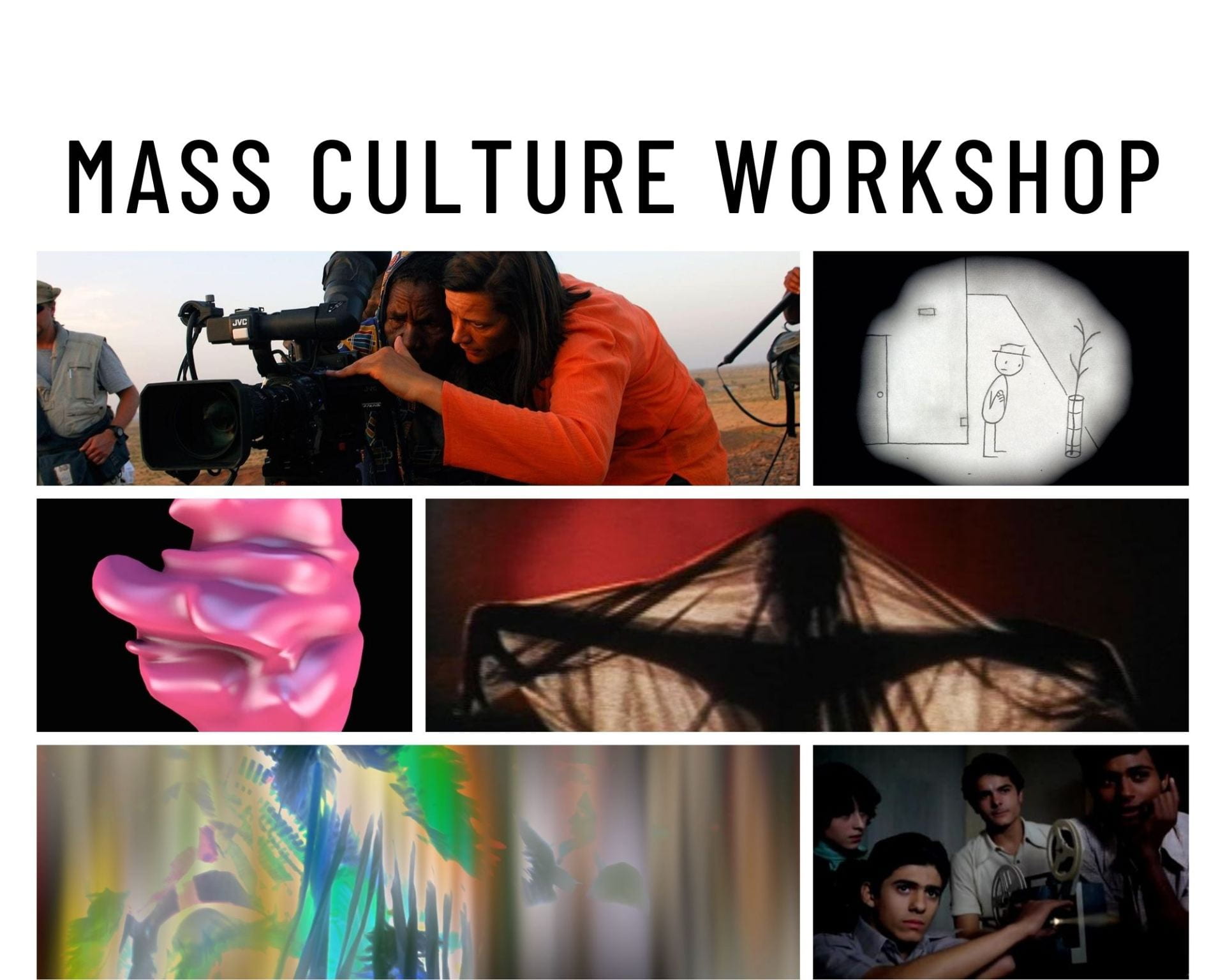Please join us on Friday, February 17th at 10AM in Cobb 311 for our fourth Winter Quarter meeting of the Mass Culture Workshop. This time, we welcome Gary Kafer, PhD Candidate in Cinema and Media Studies. Gary will be presenting an article in progress titled “Believing is Being: Selfies, Referentiality, and the Politics of Belief in Amalia Ulman’s Instagram.”
Gary’s paper is available for download here.
Please email either Katerina Korola [katerinakorola@uchicago.edu] or Dave Burnham [burnham@uchicago.edu] for the password.
Refreshments will be provided.
We look forward to seeing you at the workshop!
Your coordinators,
Katerina Korola and Dave Burnham
_________________________________________________________________________________
“Believing is Being: Selfies, Referentiality, and the Politics of Belief in Amalia Ulman’s Instagram”
Over the course of five months, Ulman scripted a series of photos, videos, and text in her Instagram-based performance Excellences & Perfections (2014) to imagine a brief fictional life that she could enact on social media. In this project, Ulman charts her experiences as she moves to the city, enters romantic relationships, and travels abroad by channeling a range of mutable personality types that are reflected in platforms specific features and selfie practices. Rather than advancing an argument based on one’s ability to discern the fictional or factual elements of the media on her Instagram, this paper proposes understanding Ulman’s project through what will be termed a politics of belief. Here, Ulman’s selfies become referential to the artist not only because of the production or aesthetic design of the image, but also through a networked participation of beliefs about the image which cite particular identities onto Ulman’s body. What emerges from this approach is an understanding of the selfie not as a stable image or representation, but as a social space in which the coalescence of beliefs through normative socio-techno practices in the form of comments, likes, and shares determine the ways in which the selfie can be said to be referential to a specific person. Importantly, while Ulman’s project deploys explicitly fictional modes of selfie production, such concerns pertain more broadly to a range of cultural attitudes in our post-truth moment, in which what is regarded as real or truthful depends appeals to our emotions, experiences, and beliefs instead of empirical facts.
